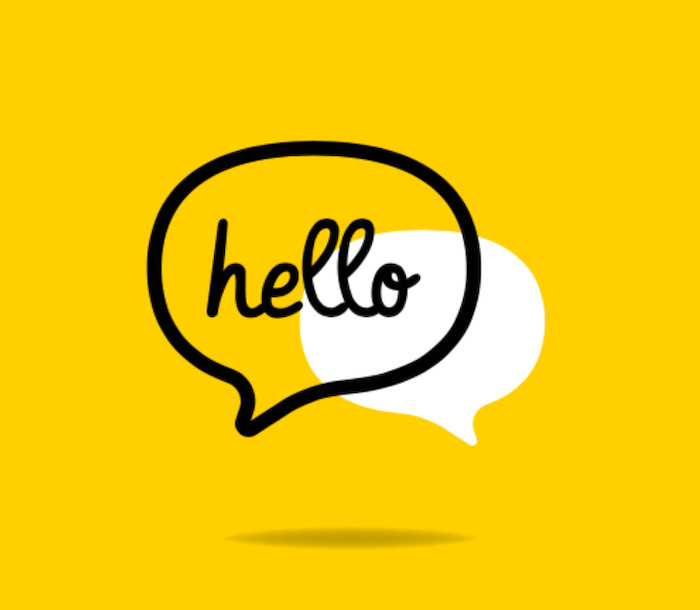
Brands and bars need to work together, but currently it feels like there’s a crucial missing element in forging potential partnerships, says Iain McPherson.
When I started out as a general manager back in 2009, then proceeded to become a business owner in 2013, the brand landscape felt much easier to navigate. I knew all the BDMs (business development managers) and could clearly connect a face to a portfolio of brands. It made doing business easy. It made it about relationships, about helping each other out – knowing what it took to get the deal over the line.
Since then, brands have multiplied and the contacts have fragmented and, in many cases, faded away. With some exceptions, I’ve never felt more distant from the people who represent the brands I buy. This is as much about the companies as it is their personnel. Here in Edinburgh – I gather in other cities across the UK too – the standards of this role have dropped. The job just isn’t what it used to be.
Interestingly, when it comes to events the relationships I have with brands tend to be much more positive. My dealings with brands around the Edinburgh Bar Show have been great and the supporters of Panda’s Highland Games have seen fresh thinking and open-minded collaboration. But back at the bar, things are very different.
There are, of course, some good BDMs, but many don’t seem to be sufficiently trained and jump from brand to brand, with compounding ineffectiveness. When you do come across a good BDM, you feel like the clock is ticking – soon they’ll be transferred to the bright lights of London.
I appreciate this is all viewed through the lens of a bar owner, but if you’ll indulge me, there are some simple steps that could improve the relationships between brands and bar owners.
The introduction
These days, most BDMs don’t pop in to say a simple hi, or even send an email introducing themselves. It feels like the art of selling has been lost – the idea of building relationships which lead to business has gone in favour of something far more transactional. Too often I’ve found myself having to email a head office to find out who I should speak to. I see established managers and bar owners in various WhatsApp and Facebook groups constantly asking who the BDM for a given brand or portfolio is in their area. That just shouldn’t happen. Knowing your key accounts is the 101 of a BDM.
Some, of course, do visit the bar, but quite often at the worst time. Despite the fact that a lot of BDMs are former bartenders, it’s remarkable how many still think it’s a good idea to pop in unannounced on a Friday evening. Presumably they see this as a way to kill two birds with one stone. It’s the end of week and they fancy some drinks, so why not combine with an impromptu tasting? Because we’re in the weeds – it’s the least appropriate time.
A more strategic approach might be to plan meetings for Mondays and Tuesdays before a bar is open, or is at its quietest. It’s always best to email and try to lock down a meeting that suits everyone involved. Communication is key. And if you don’t hear back, try again, then maybe try calling the bar to speak to the manager. But if that gets you nowhere, it probably means your brands aren’t the right fi t for the bar. It happens.
The meaningful meeting
I’m not sure how brands track the progress of their teams, but if my experiences are anything to go by, meetings are often meaningless. You get the sense that the meeting was a box-ticking exercise to prove ‘they tried’, when there was no real hope of anything more constructive. There is one BDM who has become renowned in Scotland for just doing time-wasting meetings to appear busy to his employers. It’s not just their time, it’s ours too. Brands should be aware that some BDMs need help to improve and there are those who are cruising.
Negotiations
All being well, the next stage is to start negotiations over a potential contract with a company’s brands. A good meeting will see an open exchange that fleshes out what the bar and the brand are looking for and perhaps finding a happy medium between the two. From there, you expect draft agreements relatively promptly. This doesn’t always happen. There have been countless occasions when I’ve had to chase the first draft of agreements, and often when they come, much of what was discussed is off the table. I get the push and pull, give and take of any deal, but by the second draft, we shouldn’t still be editing. It also shouldn’t be down to the customer to be chasing the supplier over paperwork. We need to remember who’s paying who here.
Right now, the bar industry is struggling at all ends. Spirits sales are down across the UK, bars are feeling the pinch and the market for what we do feels like it’s shrinking. We cannot afford the inefficiencies of lost time and purposeless deal-making. Not bars, nor brands. We all must be leaner.
So, let’s get better together. Let’s make sure every meeting counts, that spirits deals are valued as much as creative collaborations, that BDMs are trained and knowledgeable and that bar operators are ready to do business. It all starts with an act of hospitality: introduce yourselves, before your brands.


